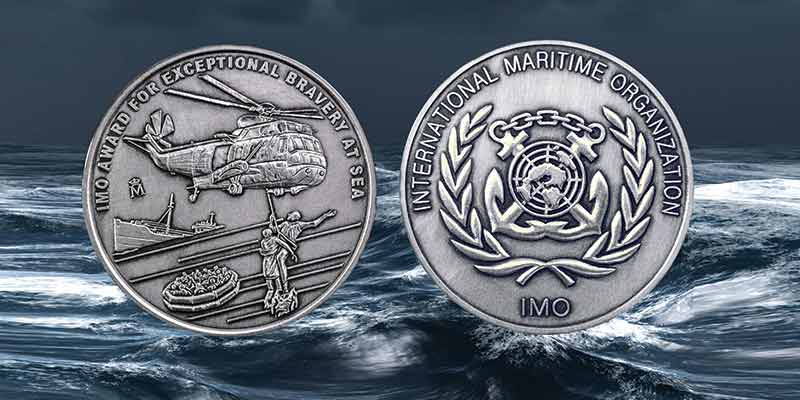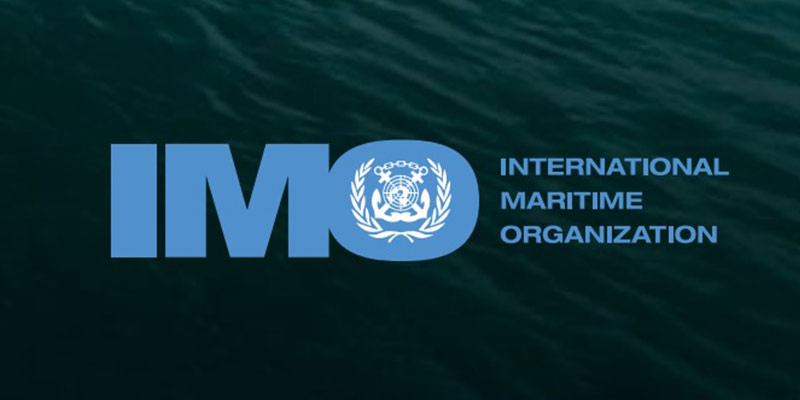- India
- Jul 12
Indian captain wins IMO Award for Exceptional Bravery at Sea
• Captain Abhilash Rawat and his crew of oil tanker ‘Marlin Luanda’ have been named among the winners of the International Maritime Organisation (IMO) 2024 Award for Exceptional Bravery at Sea for their “extraordinary courage” shown in a Red Sea rescue mission.
• Captain Rawat and the crew of the oil tanker Marlin Luanda, nominated by the Marshall Islands, for their extraordinary courage, determination and endurance demonstrated while coordinating firefighting and damage control efforts to combat the fire that broke out after an anti-ship ballistic missile struck their vessel on January 26, 2024.
• Captain Brijesh Nambiar and the crew of the Indian Navy ship INS Visakhapatnam have been conferred a Letter of Commendation for their support to the oil tanker when in distress.
• The annual awards ceremony will be held at IMO headquarters in London on December 2, 2024 during the 109th session of the Maritime Security Committee.
International Maritime Organisation
• The International Maritime Organisation is a specialised agency of the United Nations which is responsible for measures to improve the safety and security of international shipping and to prevent pollution from ships.
• It has an integral role in meeting the targets set out in United Nations Sustainable Development Goal (SDG) 14: Conserve and sustainably use the oceans, seas and marine resources for sustainable development.
• It was established by means of a Convention adopted under the auspices of the United Nations in Geneva on March 17, 1948 and met for the first time in January 1959.
• It currently has 176 Member States and three Associate Members. There are 66 inter-governmental organisations which have observer status with IMO, and 85 international non-governmental organisations in consultative status with IMO.
• International shipping transports more than 80 per cent of global trade to peoples and communities all over the world. Shipping is the most efficient and cost-effective method of international transportation for most goods. It provides a dependable, low-cost means of transporting goods globally, facilitating commerce and helping to create prosperity among nations and peoples.
• The mission of the IMO is to promote safe, secure, environmentally sound, efficient and sustainable shipping through cooperation.
• It is also involved in legal matters, including liability and compensation issues and the facilitation of international maritime traffic.
• Its role is to create a level playing-field so that ship operators cannot address their financial issues by simply cutting corners and compromising on safety, security and environmental performance.
• IMO, has promoted the adoption of some 50 conventions and protocols and adopted more than 1000 codes and recommendations concerning maritime safety and security, the prevention of pollution from shipping and other related matters.
• With regard to the protection of the marine environment, a series of conventions and other instruments, which are periodically updated and amended, have been adopted to address the prevention of pollution, preparedness and response to marine pollution incidents and compensation for pollution damage.
Structure of IMO
• The organisation is led by the Secretary General supported by a Secretariat based at IMO headquarters in London. Secretary Generals are appointed for a maximum of two terms, each lasting four years.
• The IMO Assembly consists of all member states and is the highest governing body of the organisation. It is responsible for approving the work programme, voting the budget and determining the IMO’s financial arrangements.
• The IMO Council is elected by the Assembly for terms of two years. It acts as the executive organ of IMO and is responsible, under the Assembly, for supervising the work of the organisation.
• Between sessions of the Assembly, the council performs the functions of the assembly, except that of making recommendations to governments on maritime safety and pollution prevention.
Manorama Yearbook app is now available on Google Play Store and iOS App Store


